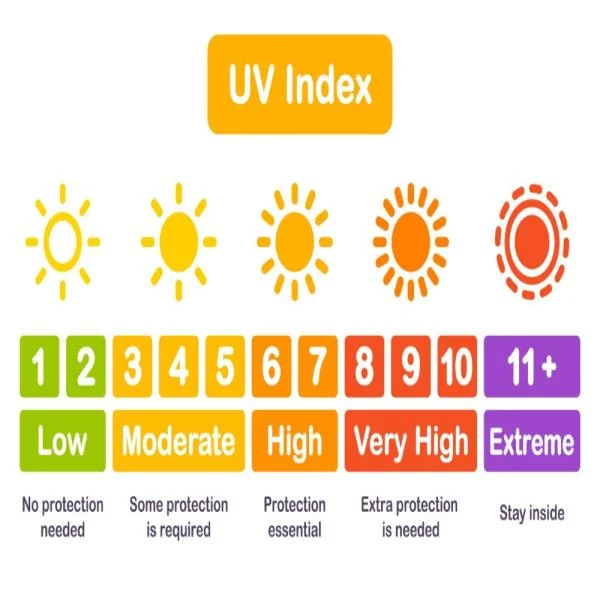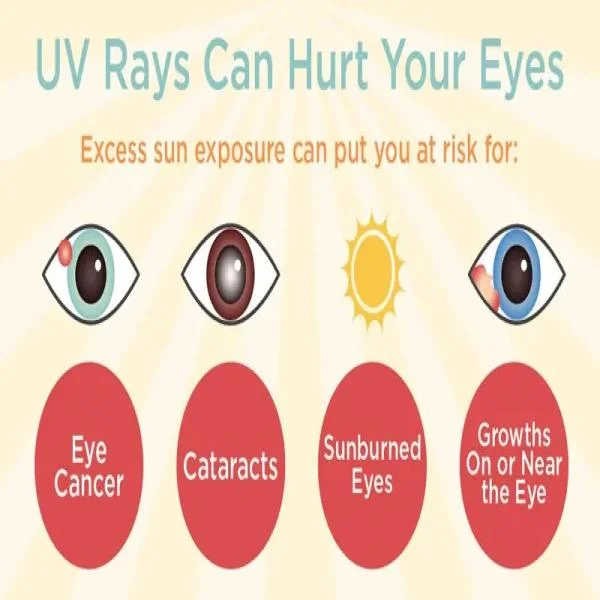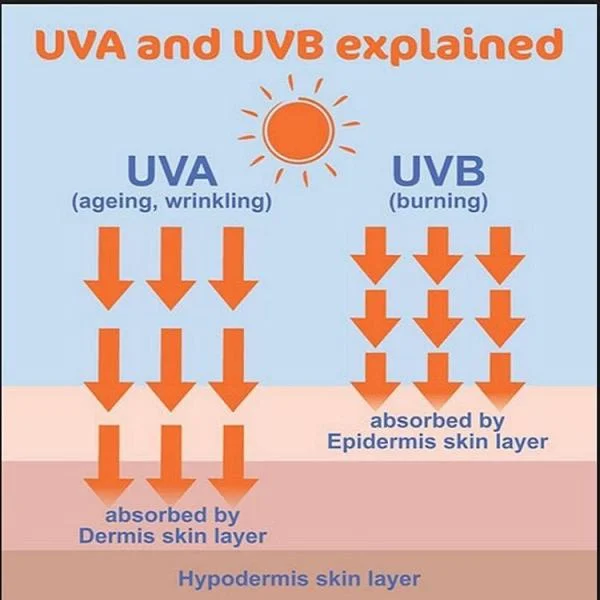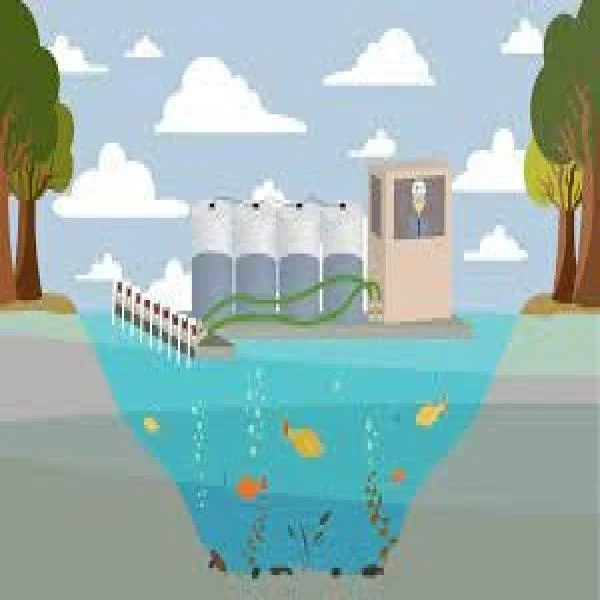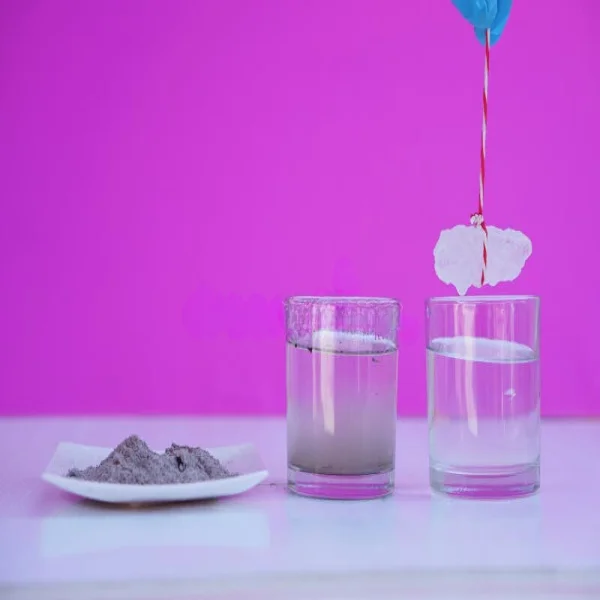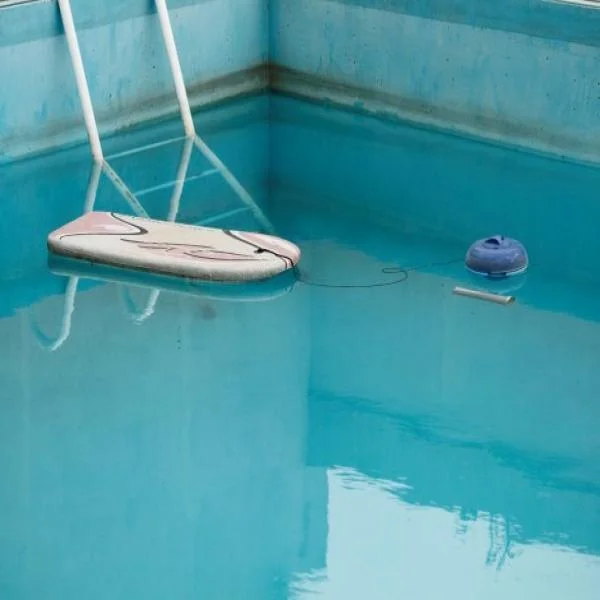
Ultraviolet water treatment is becoming an increasingly popular method for purifying water in homes, businesses, and public facilities. This technology uses UV light to kill or inactivate harmful microorganisms, ensuring that water is safe for consumption. Unlike traditional chemical treatments, UV water treatment is chemical-free, making it an environmentally friendly option. In this article, we’ll explore how UV water treatment works, its benefits, and why it’s an excellent choice for water purification.
How UV Water Treatment Works
UV water treatment systems use ultraviolet light to disrupt the DNA of microorganisms like bacteria, viruses, and protozoa. This process prevents them from reproducing and causing infections. The system consists of a UV light source, usually a mercury vapor lamp, enclosed in a protective chamber through which water flows.
When water passes through the UV chamber, it is exposed to UV-C light, the most germicidal wavelength (typically between 200 and 280 nanometers). UV-C light penetrates the cells of pathogens, rendering them harmless without the use of chemicals.
The Benefits of UV Water Treatment
- Chemical-Free Purification
- Unlike chlorine or other chemical disinfectants, UV water treatment doesn’t introduce harmful byproducts into the water. This means no change in taste, odor, or water composition, making it ideal for sensitive applications such as drinking water and aquaculture.
- Effective Against a Wide Range of Pathogens
- UV water treatment is highly effective against bacteria, viruses, protozoa, and even chlorine-resistant microorganisms like Cryptosporidium and Giardia. This makes it more comprehensive compared to traditional chemical treatments.
- Environmentally Friendly
- UV systems don’t produce harmful byproducts or require the use of hazardous chemicals, reducing the environmental footprint of water purification. It’s a green solution that aligns with sustainable practices.
- Low Operating Costs
- After the initial setup cost, UV systems are relatively inexpensive to maintain. They use minimal energy and don’t require ongoing chemical purchases, leading to long-term savings.
- Fast and Efficient
- Unlike chemical treatments, which may require time to act, UV systems disinfect water instantly as it flows through the chamber. This makes it an efficient option for homes, businesses, and municipalities.
Applications of UV Water Treatment
- Residential Water Systems
- UV water treatment is commonly used in homes to provide safe drinking water. It’s an effective solution for households that rely on well water or live in areas where water quality is a concern.
- Commercial and Industrial Uses
- In industries like food processing, aquaculture, and pharmaceuticals, UV water treatment ensures that water is free from harmful microorganisms. It helps meet regulatory standards for safety and hygiene.
- Municipal Water Treatment
- Many cities and towns are adopting UV water treatment as part of their municipal water systems. It offers a reliable method to disinfect large volumes of water without introducing chemicals.
- Aquariums and Fish Farms
- UV treatment is also commonly used in aquariums and fish farms to prevent the spread of waterborne diseases. It ensures that aquatic environments remain healthy and free from harmful pathogens.
Factors to Consider When Choosing a UV Water Treatment System
- Flow Rate
- The flow rate of the water passing through the UV system is crucial. If the water flows too quickly, it may not receive enough UV exposure to disinfect it properly. Most systems are rated for specific flow rates, so it’s important to choose one that matches your needs.
- Water Quality
- UV systems work best with clear water. If the water contains high levels of sediment or organic matter, it can block the UV light and reduce the system’s effectiveness. Pre-filtration may be necessary to ensure optimal performance.
- Maintenance Requirements
- While UV systems are low-maintenance, they do require regular care. UV lamps need to be replaced periodically (usually once a year), and the quartz sleeve surrounding the lamp must be cleaned to remove any buildup that could block UV light.
- Power Supply
- UV systems require a constant power supply to function. If you live in an area prone to power outages, you may need a backup power solution to ensure continuous water treatment.
Installation and Maintenance Tips
- Installation
- UV water treatment systems should be installed as the final step in your water purification process, after other filtration systems. This ensures that the water is free of sediment and other contaminants that could block the UV light. The system should be installed in a location that’s easy to access for maintenance.
- UV Lamp Replacement
- UV lamps lose their effectiveness over time, even if they’re still producing light. Most manufacturers recommend replacing the lamp once a year to ensure optimal performance. It’s a simple process that can usually be done without professional assistance.
- Cleaning the Quartz Sleeve
- The quartz sleeve surrounding the UV lamp can accumulate deposits over time, reducing the amount of UV light that reaches the water. Regular cleaning of the sleeve is essential to maintain the system’s effectiveness.
- Monitor System Performance
- Some UV systems come with indicators or alarms that notify you when the lamp needs replacing or the system isn’t functioning correctly. Pay attention to these alerts and perform necessary maintenance promptly.
Why UV Water Treatment is a Superior Choice
UV water treatment stands out as one of the best methods for ensuring clean and safe water. It’s a proven technology that has been used in various applications for decades. With no harmful chemicals, minimal environmental impact, and the ability to effectively kill a wide range of pathogens, UV water treatment offers unmatched benefits for residential, commercial, and industrial use.
Compared to chemical treatments, UV systems are safer, more efficient, and more environmentally friendly. Whether you’re looking to purify drinking water, protect aquatic environments, or ensure regulatory compliance in an industrial setting, UV water treatment is a reliable and cost-effective solution.
Conclusion
Dong A has shared with readers essential knowledge about how UV water treatment works, and why it’s an excellent choice for water purification. UV water treatment is a powerful and eco-friendly way to ensure that your water is free from harmful microorganisms. By choosing a UV water treatment system, you’re investing in a safe, sustainable, and reliable method of water purification that benefits both you and the environment.
If you need more references about our water treatment products, please visit the official website of Dong A Chemical at dongachem.com or call a hotline (+84) 985797941 to receive advice and support from the experienced consultant.
Related Articles
What Is the UV Index and Why It Matters for Your Skin and Health
The UV Index is a critical tool for understanding the levels of ultraviolet (UV) radiation from the ...
How Can UV Rays Damage Eyes and How to Protect Them
Exposure to ultraviolet (UV) radiation from the sun can cause significant damage to your eyes over ...
What You Need to Know UVA and UVB Rays for Skin Protection
Sunlight plays an essential role in human health, providing Vitamin D and improving mood. However, ...
What You Need to Know Alum Treatment for Pools
Alum treatment , also known as aluminum sulfate treatment, is a widely used method for improving ...
Alum Water: A Simple Solution for Clean Water and More
Alum water , a solution created by dissolving alum in water, has been used for centuries as a ...
How Pool Flocculant Works and When to Use It
Keeping pool water clean and clear is a priority but sometimes regular maintenance isn’t enough to ...

